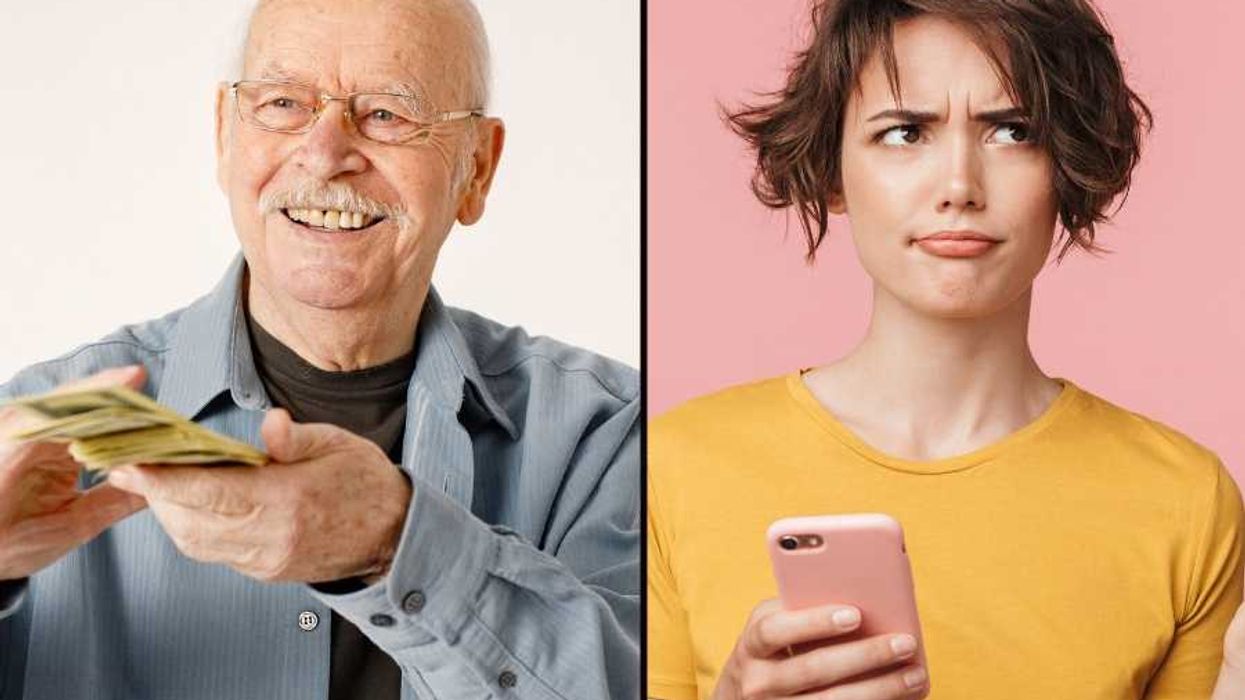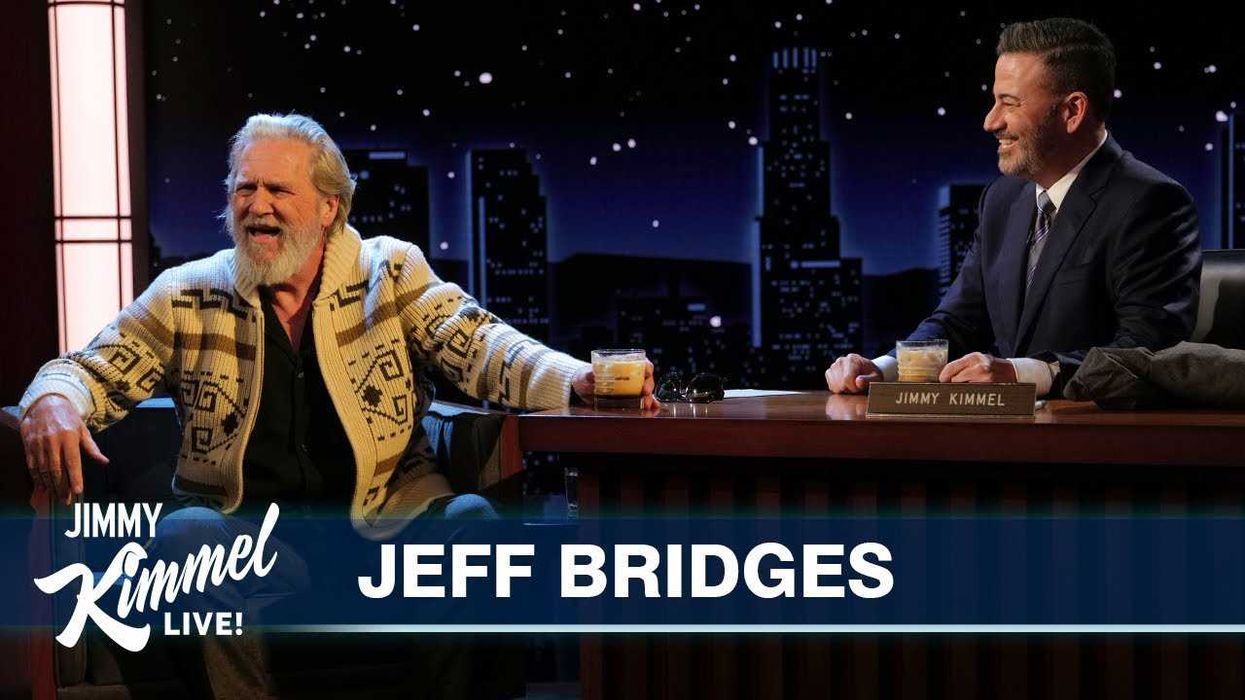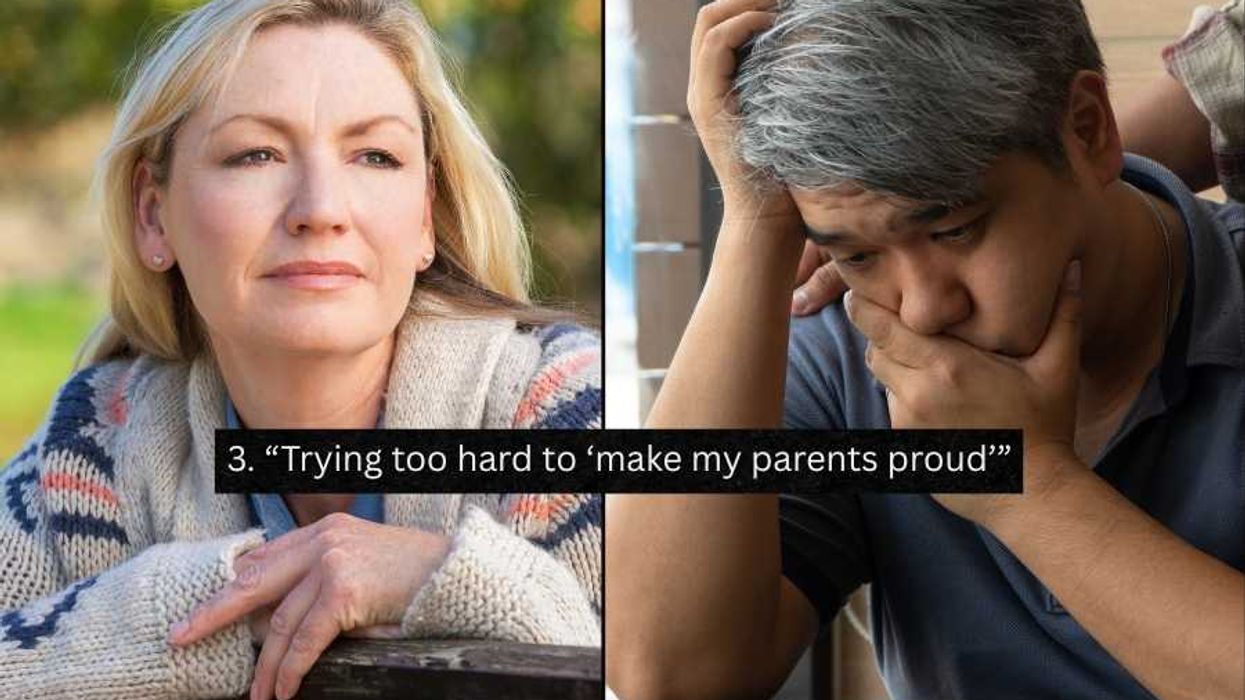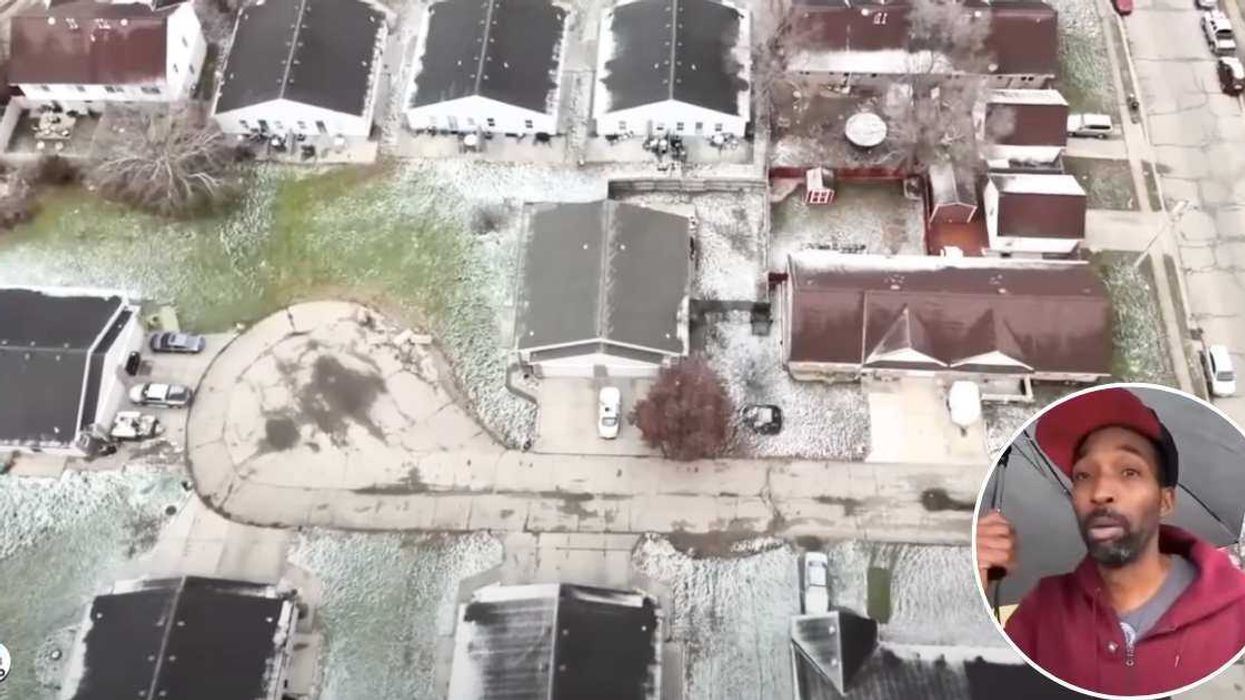Sad and surprising news broke today that comedian Charlie Murphy died at the age of 57 after a private battle with leukemia. His collaborators and fans turned to social media to offer condolences and fond memories of a career that managed to escape the long shadow cast by his brother, comedy and film star Eddie Murphy.
Charlie Murphy’s career was an odd one. He appeared in small roles in Eddie Murphy vehicles such as Harlem Nights and in smaller, but memorable, performances in cult favorites such as Chris Rock’s hip-hop farce CB4.
But, as we all know, his lasting imprint on the comedy world came during his time as a cast member on the short-lived but lauded Chappelle’s Show, playing not only Charlie Murphy the man, but Charlie Murphy, Eddie Murphy’s overwhelmed and incredulous older brother.
In absurd dramatizations of Charlie’s run-ins with larger-than-life icons Rick James and Prince, Charlie offered a deadpan look back at encounters with stars that became as legendary as the figures themselves. With Chappelle taking on the cartoonish portrayals of the stars, Charlie played the straight man, along for the ride, taking in all the madness.
Those two encounters, no doubt attributable to Charlie’s famous brother, came at a time when Eddie was largely off the cultural radar, allowing Charlie Murphy to be “Charliemurphy” and establish his own persona. They were starring roles for the older comedian, and while the platforms were smaller, there’s no doubt that Charlie made meals out of both of them, becoming a known quantity among comedy fans in what seemed to be an instant.
If those two turns as the straight man were understated (and they were), then his film work allowed him to puff up in the style of brother Eddie, playing larger-than-life characters that were at once intimidating and absurd.
Case in point: Murphy’s turns as Gusto, the reigning rapper supreme in the scattershot hip-hop mockumentary CB4:
Riding the wave of his modest fame and notoriety, Charlie Murphy charmed most often in his public candid appearances, proving that the charm of his presentation wasn’t beholden to scripts or Dave Chappelle’s antics. He regularly offered insightful looks at his life as both Eddie Murphy’s brother and a struggling, working comedian that let the world know he had his own stories to tell.
At the end of the day, the public’s appetite for Murphy stemmed from the True Hollywood Story convention he brought to the Prince and Rick James sagas. While the built-in platform of Chappelle’s Show disappeared when the show was cancelled, he was able to draw from both his talent for creating characters and his “look back” approach in a largely overlooked “Funny or Die” playing the fictional Leroy Smith, “the person who made Michael Jordan the best basketball player of all time.”
Comedians rarely get that iconic role that defines their career. You could say that, in a way, Charlie Murphy got it twice.
But beyond the Prince and Rick James skits, Charlie Murphy managed to build a small legacy that was entirely his own.
After the news of a celebrity’s death, the praise that comes in often borders on hyperbolic. But for those who knew Charlie Murphy before Chappelle’s Show and followed him afterward, his turns as Charlie Murphy were the two brightest points in a strong, if quiet, career that will endure on its own merits.
















 Otis knew before they did.
Otis knew before they did.